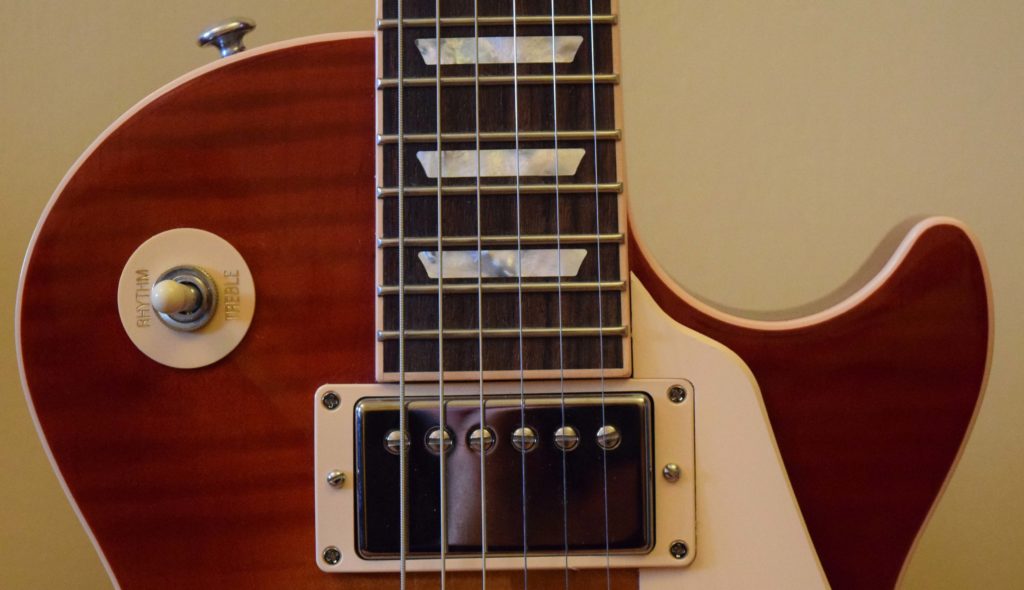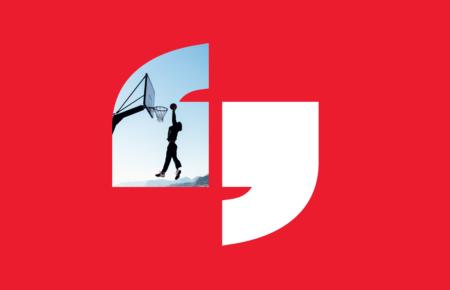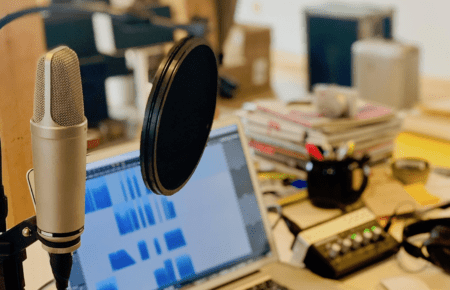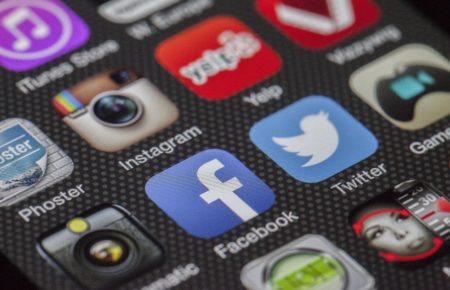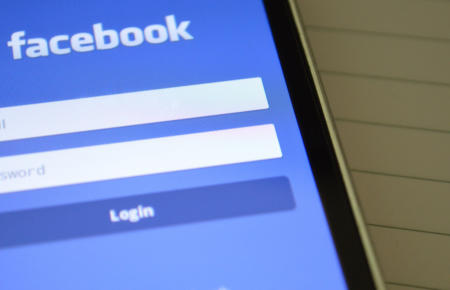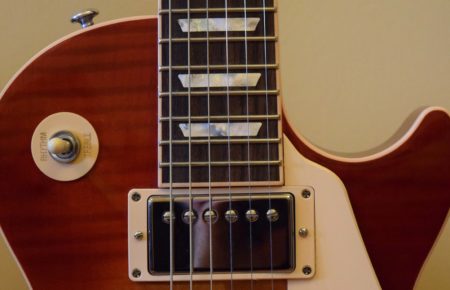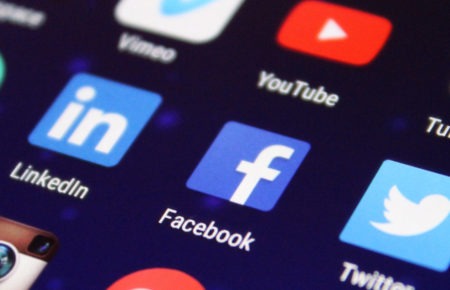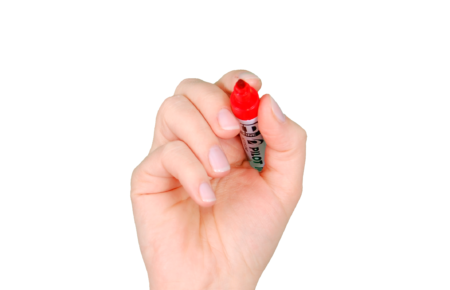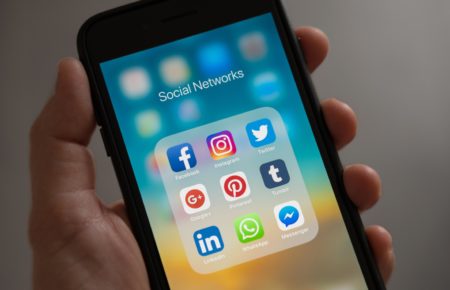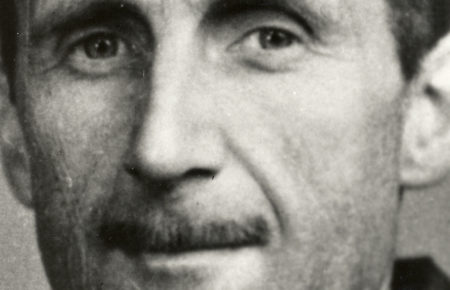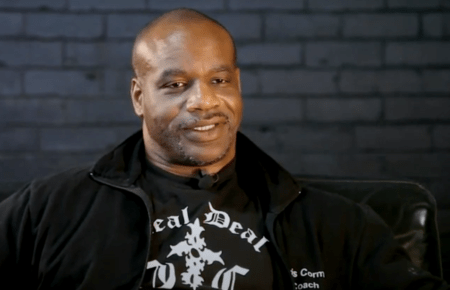Gibson has filed for bankruptcy. Is it a dark day for the music industry or the beginning of much-need course-correction?
The iconic guitar brand Gibson, maker of the Les Paul, filed for Chapter 11 bankruptcy on Tuesday, May 1. The company had debts between $100m and $500m.
Why has this happened? There are a few possibilities to consider.
One is the fall in popularity of guitar-based music in the wider music industry. Younger people, who drive a lot of new business for brands like Gibson, are increasingly interested in non-guitar-based music, with EDM and rap more in vogue than rock.
And, sure, this will have some effect on any company that sells real live musical instruments.
It’s true that the guitar industry in particular is in trouble. Fender is also in debt. In this sense, it’s not just a Gibson issue.
But some things are particular to Gibson.
A major reason for Gibson’s current situation is just plain bad business decisions by Chairman and CEO Henry Juszkiewicz. This included purchasing the electronics brand Philips to make headphones and other consumer audio goods. This is the source of many of the company’s woes since the creation of the Gibson Innovations brand in 2014.
At the time, getting into electronics might have seemed like a good idea, since so much music is now made with all the benefits of increasingly-cheaper technology including software, headphones, interfaces, synthesisers etc.
However, there’s something to be said about doing what you do best and not letting that fall by the wayside. No matter what other bright and shiny industries you think you should diversify into.
Because Gibson’s diversification took the focus off the core business: music and musicians.
Isolating your core market
Word from many musicians is that Gibson took its eye off what it was good at and didn’t listen to its fans and customers. The introduction of an electronic tuner, the G-Force, built into new guitars — which Gibson is currently being sued over — enraged most everyone who played one.
In addition, musicians have been criticising Gibson’s recent output as taking a big dip in quality.
For example, when Gibson unveiled its 2017 Les Paul Standard (with a price tag at $4799 USD), it used a promo photo of a damaged guitar, calling into question its overall quality control.
In 2016, Moody’s Investors Service downgraded Gibson’s credit rating to a ‘negative outlook’ because of its growing debt, which might explain some of this corner-cutting.
But moreover, it seems the corporate culture at Gibson has become toxic and that’s affected every aspect of the business.
Bad reputation
The support Gibson once had for brand ambassadors started to disappear. They started to get a bad reputation among musicians — not a great look for a guitar company.
Soon enough, artists left Gibson and got contracts with other gear companies that would support them — or start their own companies.
One high-profile Gibson ambassador was former Ozzy Osbourne guitarist Zakk Wylde, who left the company to start his own guitar line in 2015.
In 2017, Mastodon guitarist Bill Kelliher ended his endorsement deal with Gibson in favour of ESP. (Metallica’s James Hetfield jumped from Gibson to ESP himself many years ago.)
Kelliher’s flat assessment? “They treat their artists like shit, basically.”
“All the guys I worked with over there – the A&R guys were getting fired left and right and the company just seemed to be falling apart to me,” Kelliher told Ultimate Guitar. “There were new guys who would come in and they didn’t know shit.”
He cited massive dysfunction and bad communication within Gibson, including manufacturing his signature guitar line incorrectly.
“Kids would get my guitar in the mail and ask me how to tune it because it wasn’t tuned and then I would tell them how to tune it and they would say it still doesn’t sound right and it’s because they’re not putting my gauge strings on there.”
What’s next?
Gibson’s declaration of bankruptcy will eliminate the Gibson Innovations electronics division and restructure around its ‘core brands’. Gibson hopes this will save the Gibson brand with a new company so that it can have a renewed focus on guitars. (Indeed, Gibson apparently has agreements with the holders of 69 per cent of its debt so that it can continue to operate.)
In a statement, Juszkiewicz, who appears to be sticking around, said:
“The decision to re-focus on our core business, musical instruments, combined with the significant support from our noteholders, we believe will assure the company’s long-term stability and financial health.”
Could this be a sign of course-correction? Only time will tell. One at least hopes Gibson has learnt its lesson about trying to be a tech company.
Diversifying is fine but losing sight of what you do best can be a business killer. Calvin Klein makes many varieties of clothing but it makes sure that its most famous, popular product — underwear — is still its cornerstone.
Not everyone needs to be in tech. Lonely Planet still make most of their money from selling those big print travel guides. They’ve kept a toe in the digital space but they know which side their bread is buttered on.
As Lonely Planet founder Tony Wheeler said: “What really pleases me is that Lonely Planet is still going very well. It hasn’t made a complete shift into the digital world, but then there’s a lot of the digital world that doesn’t make money.”
Do what you do best and don’t lose sight of it. Otherwise you soon might not have anything to sell at all.
If you want help communicating what your business does best, get in touch.
